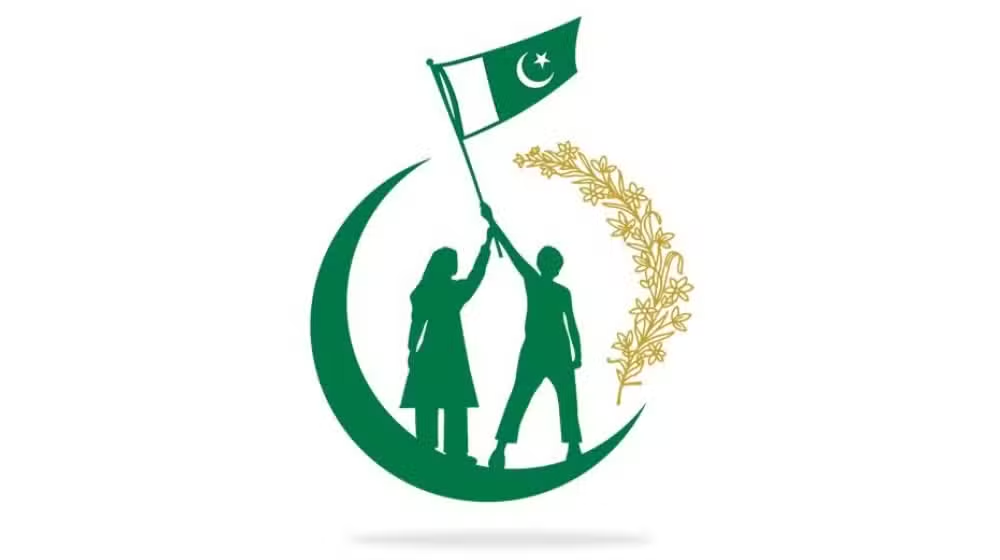Now Reading: Govt Launches Digital Skills Training Program to Empower Youth
-
01
Govt Launches Digital Skills Training Program to Empower Youth
Govt Launches Digital Skills Training Program to Empower Youth

The Government of Pakistan has launched an ambitious Digital Skills Training Program under the Prime Minister’s Youth Programme (PMYP) to empower the country’s young professionals with the latest technological skills. This initiative aims to transform Pakistan into a digitally equipped nation, preparing the youth for the future job market driven by innovation and technology.

Training Young Professionals in Emerging Technologies
In the first phase of this project, 200 young trainers will undergo specialized online training in key areas such as Artificial Intelligence (AI), E-commerce, Digital Marketing, and Data Analytics. These are some of the most in-demand skills worldwide, and the program is expected to help Pakistan’s workforce compete at a global level.
According to PMYP Chairman Rana Mashhood Ahmed, this initiative reflects Prime Minister Shehbaz Sharif’s vision of a “Digital Pakistan”, where the youth play a central role in driving technological advancement. By equipping young people with modern skills, the government aims to enhance employment opportunities both locally and internationally.
Collaboration with National and International Partners
The Digital Skills Training of Trainers Program has been launched in partnership with National Vocational and Technical Training Commission (NAVTTC), Uni Services International, and ITMC China. This collaboration marks a significant milestone in Pakistan’s efforts to strengthen international cooperation in the education and technology sectors.
Through this partnership, the program will ensure high-quality learning standards, combining both local expertise and international best practices. Upon successful completion, participants will receive joint certifications from institutions in Pakistan and China, giving them a competitive edge in the digital economy.

Preparing Certified Trainers for Nationwide Impact
The program’s main objective is not just to train individuals but to create certified trainers who will, in turn, train thousands of young learners across the country. These trainers will become the backbone of Pakistan’s digital education framework, spreading advanced digital knowledge to remote and underserved areas as well.
This “train-the-trainer” model ensures a multiplier effect, where the impact of training extends far beyond the initial group of 200 participants. Over time, it will help build a strong digital infrastructure capable of supporting economic growth and innovation.
Supporting Vision 2025 and the Digital Pakistan Agenda
The Digital Skills Training Program supports the broader goals of Pakistan Vision 2025 and the Digital Pakistan initiative, both of which emphasize innovation, entrepreneurship, and inclusive growth. With rapid digital transformation happening globally, Pakistan aims to ensure that its youth are not left behind.
By promoting skill development in artificial intelligence, data analytics, and digital marketing, this program can help reduce unemployment, boost productivity, and encourage start-up culture among young entrepreneurs.
Benefits of the Digital Skills Training Program
The launch of this program offers several benefits to Pakistan’s economy and its young population:
- Employment Opportunities: Trained professionals will have better access to global freelance and remote job markets.
- Entrepreneurial Growth: Participants will gain the knowledge to start their own digital ventures or e-commerce businesses.
- Gender Inclusion: The program is open to both men and women, promoting equal access to digital learning.
- International Recognition: Joint certifications from Pakistan and China will enhance the global credibility of participants.
- Technology Transfer: The collaboration will also promote knowledge sharing between Pakistan and China, fostering long-term innovation.
Building a Future-Ready Generation
This initiative symbolizes a major leap toward building a future-ready generation capable of leading Pakistan’s digital revolution. In a world increasingly driven by technology, digital literacy has become as essential as traditional education. By investing in young trainers, Pakistan is investing in the country’s economic and technological independence.
Digital education will also help bridge the gap between rural and urban youth by providing equal learning opportunities through online training platforms. The program’s long-term impact could redefine Pakistan’s role in the global digital economy.
Conclusion
The Digital Skills Training Program under PMYP is a visionary step that aligns perfectly with Pakistan’s journey toward digital transformation. By empowering youth with modern technology skills and creating a network of expert trainers, the initiative has the potential to uplift thousands of lives and strengthen Pakistan’s position in the global tech arena.
This program not only supports economic development but also inspires a new generation of innovators, entrepreneurs, and digital leaders who can shape the future of a Digital Pakistan.













